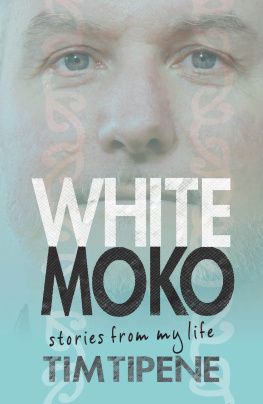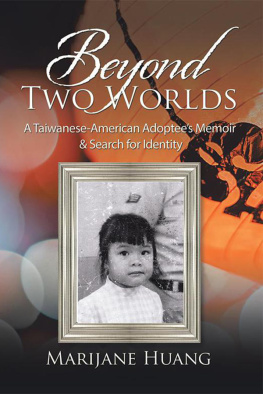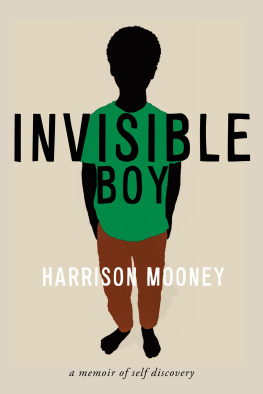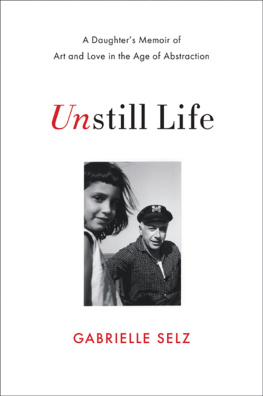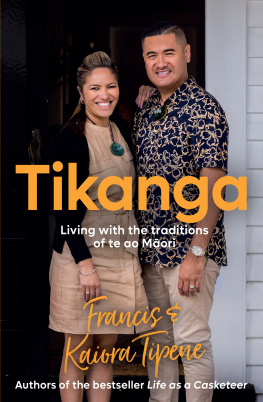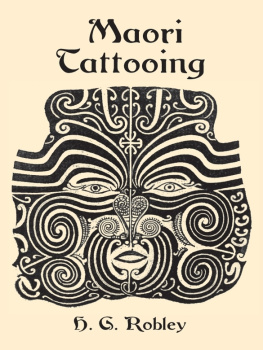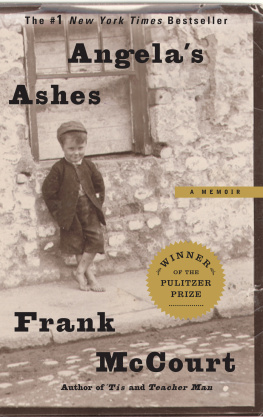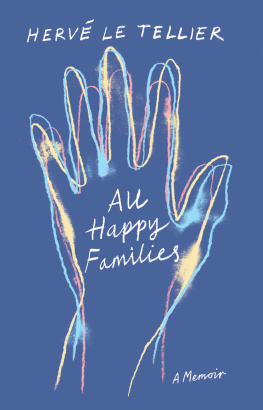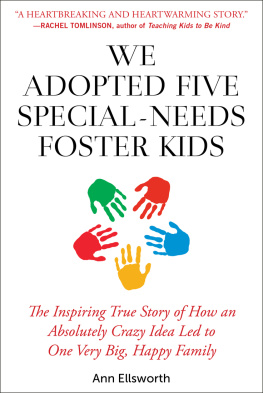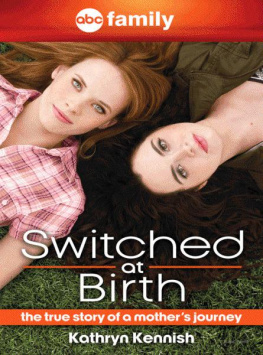

Produced with the assistance of

To my parents and family
This is where the cycles of abuse and violence,
that have hindered us for so long, stops.
First published by OneTree House Ltd, New Zealand
Text Tim Tipene, 2020
9780995106789 (print)
9780995117198 (ebook)
Some names and identifying details have been changed to protect the privacy of individuals and the actions described are as the author remembers them.
All rights reserved. No part of this publication may be reproduced, stored in a retrieval system or transmitted in any form or by any means, electronic, mechanical, photocopying, recording or otherwise, without the prior permission of the publisher.
Cover design: dahlDESIGN
Ebook conversion 2021 by meBooks
10 9 8 7 6 5 4 3 2 1 0 1 2 3 / 2
CHAPTERS
Who are you?
Where do you come from?
How did you get the name Tipene? Youre a white fella.
These are questions that I have constantly been asked throughout my life. Everywhere Ive gone Ive had to explain who I am, to Mori and Pkeh alike.
Some havent been polite about it either.
One afternoon after I had finished running my community Warrior Kids class for children at the Henderson Rec Centre, a Mori woman approached me. She was a resource teacher of learning and behaviour, and at only 27 I could see that she was a lot older than me. She held up one of my Warrior Kids brochures and it was obvious she wasnt happy.
Tipene, she read aloud from the bio on the back.
Yes, I replied.
Thats a Mori name, she said, looking me up and down.
Flustered, I shuffled my feet. I knew what was coming next.
You dont look Mori to me! the woman snapped. Wheres the Mori in you?
You mean colour? I asked.
Yeah, why is a Pkeh pretending to be Mori? she growled. Is it just to get funding?
I dont go for funding, I replied.
Disgruntled, she soon left, and I fell into the usual pit of despair and rejection that I always felt following such encounters.
When I told my Uncle Blake about the incident, he said I should have shown the woman a brown spot on the back of my ear. My whnau have always been quick with cheeky comebacks.
It wasnt just Mori challenging my use of the name Tipene though. Many white women took offence to it too.
I was once asked to speak as an author at a library on the North Shore in Auckland. While I sat in the tearoom waiting to present, a librarian came in to have her break.
The woman told me she had only recently moved to New Zealand from England. She chatted with me about why I was at the library and about the books I had written. She was pleasant to begin with, but then her demeanour changed.
Where did you get the name Tipene from? she asked. Did you think that by using a Mori name you would sell more books?
Before I could even answer, the woman went into a rant about how disrespectful it was for me, a white man, to be using a Mori name. She told me I had no right to use the name Tipene. That it was cultural misappropriation. That it was insulting to Mori and I should go back to my original name. She demanded to know where I had gotten the name from as though she were an authority on the matter.
I thought of Uncle Blake, and considered telling the woman I had found the name in a box of cereal, but then figured it probably wasnt worth the argument. Instead I told her about the origins of my name. She wasnt convinced.
Whenever anyone challenged me about my name I would recite my family history to them. After years of explaining myself I have it down pat.
I am a Tipene. My full last name is Waitai-Tipene. I became a Tipene at the age of two when the whnau took me in as their own, and I was brought up as such. My birth mother married into the whnau and I was legally adopted by them. My notice of adoption and birth certificate both state that I am a Tipene.
My grandfathers name was William (Tim) Waitai-Tipene and I am regarded as his namesake.
In Ngti Whtua my mountain is called Tokatoka, my river, Wairoa.
My Ngti Whtua marae are Rpia and Naumai.
In Ngti Kur my mountain is Maunga Piko, Parengarenga is the sea.
My Ngti Kur marae is Te Hiku o te Ika.
My great-grandparents on my grandfathers side are Hetaraka Waitai-Tipene and Miria Waru. My grandmother was Dorothy (Dolly) Tahu, and her parents were Waaka Taimona Tahu and Eva Angell.
I dont know for sure why my family only used Tipene for a last name instead of Waitai-Tipene; however I do remember discussions in the whnau about the ruling Pkeh being accustomed to short names and that we had to assimilate. Later in her life my grandmother went to court and fought for the right to return to Waitai-Tipene. She won; however my Dad kept us as Tipene.
When I was a child everything seemed simple, but my identity became complicated in my teens. There was strong division at my high school and in the community two camps. You were either Mori or you were Pkeh. There was no in-between. Each day I looked in the mirror, trying to work out who I was. I saw white, yet I identified as Mori.
A Mori girl in my class complained about me to a Mori teacher, so the teacher took it upon herself to give me an extra lesson.
Youre not Mori! she said. Your dad might be Mori, but youre not.
The girl got in on the lecture.
See, she said. I told you, Tim. Just because your last name is Mori doesnt mean that you are. So stop hanging out with Mori kids. Go and be white like youre supposed to be.
When mates asked me to join the kapa haka group at school I thought it best not to. While I hung out with my Mori mates after school, during school hours I stayed away from them, and hung out with only my white mates instead. Even though I had been brought up Mori, I didnt want to be seen as a white kid who was trying to be Mori.
My mate Cyril wasnt happy about that.
Why arent you hanging out with us anymore? he asked.
I didnt know what to say.
Other friends of mine wouldnt accept it. They kept calling me a White Mori.
Why are you trying to be a Pkeh? Rueben said. Youre not Pkeh. Youre one of usyoure just white.
Funnily enough that same teacher at high school, who told me that I wasnt Mori, would acknowledge me just a few years later. She encouraged me in my work and helped me to name my school for Warrior Kids.
Kura Toa, she said. Thats the name. Now you go out and teach our people, boy.
That was the weird thingthere were so many mixed messages. One moment I was being acknowledged as Mori, the next as Pkeh. And while people were making out there were benefits to having a Mori name, that wasnt my experience. People treated me differently as soon as they knew I was a Tipene, and not in a good way. My siblings and I were known as the Tippanee Kids, and that followed us right through school.
When I was a young man trying to get a job employers were quick to respond to my surname. I phoned up about a job vacancy at a petrol station in Helensville. The interview on the phone went great. It seemed that I had the job in the bag, until the man asked me for my last name. I had come to dread this question when inquiring about jobs and the reactions that followed.
Tipene, I said.
Thats a Mori name, isnt it? he queried.
I braced for impact. Yes, I said.
Next page
